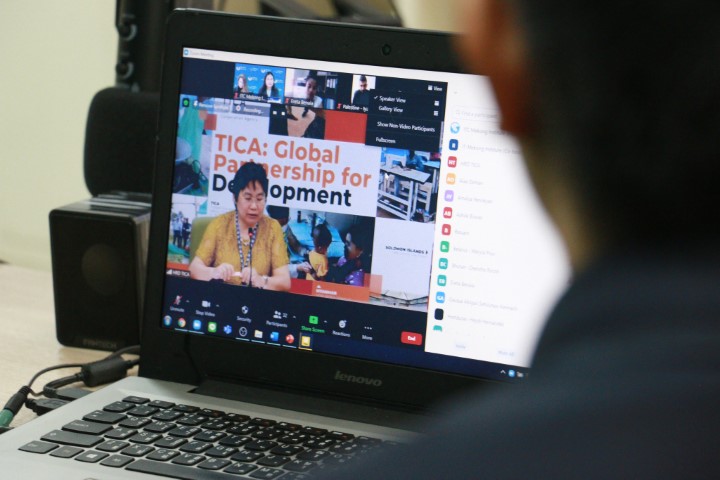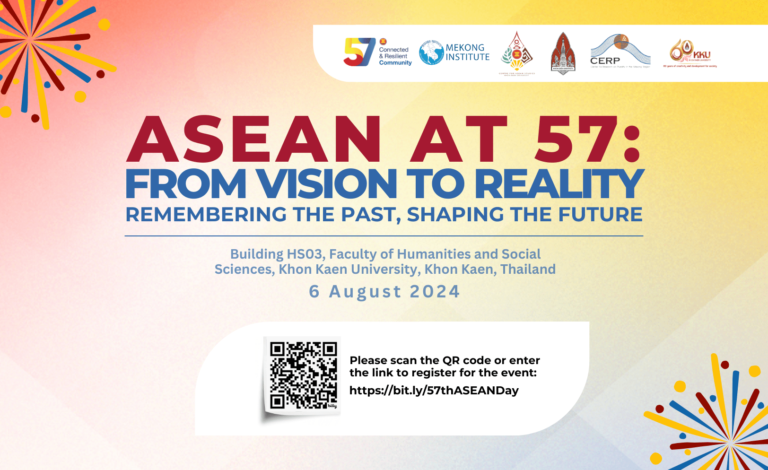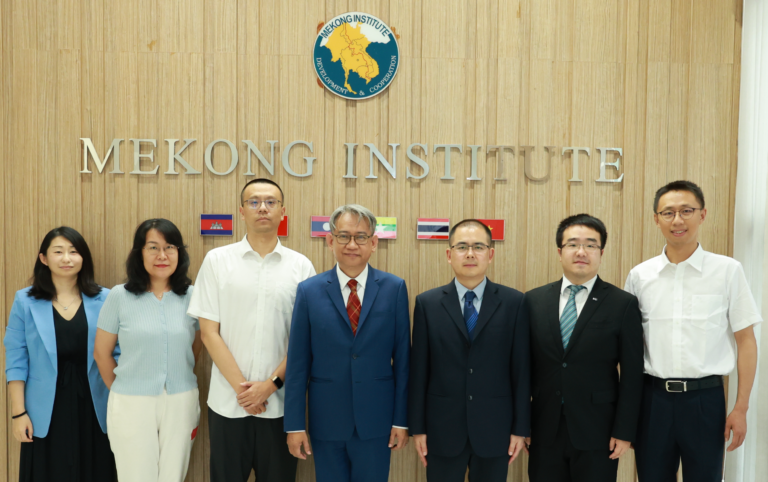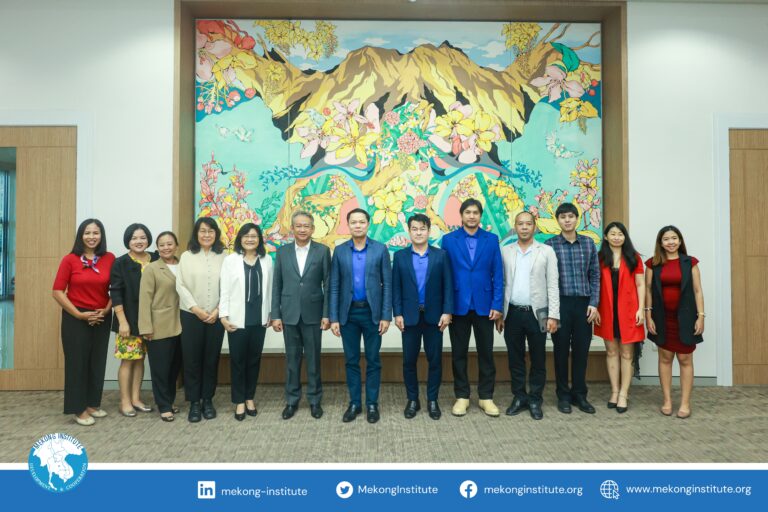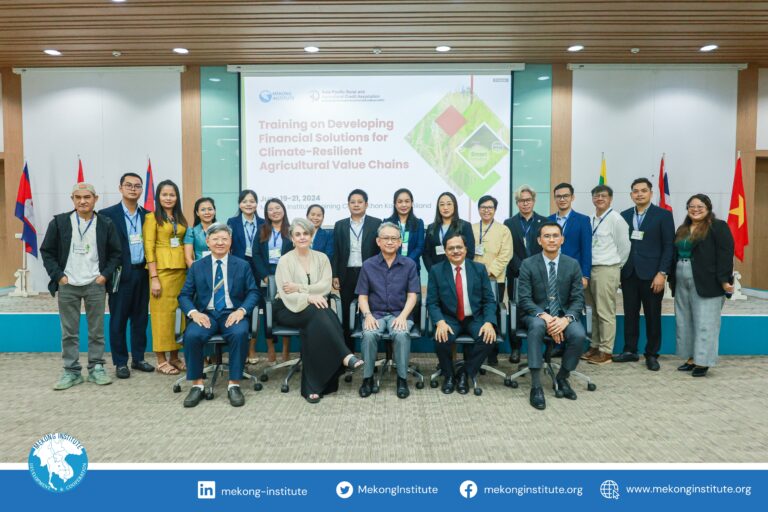Mekong Institute (MI) and the Thailand International Cooperation Agency (TICA) rolled out an online international course to enhance labor migration management in the Greater Mekong Subregion and beyond.
“Labor migration is critical for sustainable economic growth. It can rejuvenate the workforce, promote entrepreneurship, and create more jobs,” Mr. Suriyan Vichitlekarn, MI Executive Director said at the opening session. “This is why we must work together in generating innovative ideas that will further protect our workforce and ensure the optimization of opportunities for them and, in turn, our respective countries.”
Attended by 51 participants from 34 countries, the two-week sessions focus on advancing labor migration governance through exchanges of best country practices to help create an enabling environment of decent work for migrant workers.
“It is in the sharing of experiences, expertise, and practical knowledge that we can build stronger policies that respond to the needs of our workers,” Ms. Hathaichanok Siriwattanakul, TICA’s Director of Human Resource Development Division explained. She further underscored TICA’s continued commitment to support platforms such as the training to foster a learning culture among labor migration stakeholders for more efficient and complementary services.
Considered as one of the top destination countries of migrant workers, Thailand has initiated sound efforts to promote regular and safe migration. It has also implemented measures to protect Thai migrant workers through bilateral and multilateral cooperation agreements.
The international training course on “Good Practices in Improving Labor Migration Management for Promoting Decent Work” will run from December 7 to 18, 2020. Participants are representatives of governments, non-governments, and academic institutions from the Organization for Security and Cooperation in Europe and other countries such as Armenia, Bangladesh, Belarus, Benin, Bhutan, Cambodia, Egypt, Gambia, Guyana, Honduras, India, Indonesia, Iran, Jordan, Kazakhstan, Kiribati, Kyrgyz Republic, Mongolia, Morocco, Myanmar, Nepal, Nicaragua, Pakistan, Palestine, Peru, Qatar, Samoa, Saudi Arabia, Sierra Leone, Sudan, Tunisia, Turkey, and Uzbekistan.


